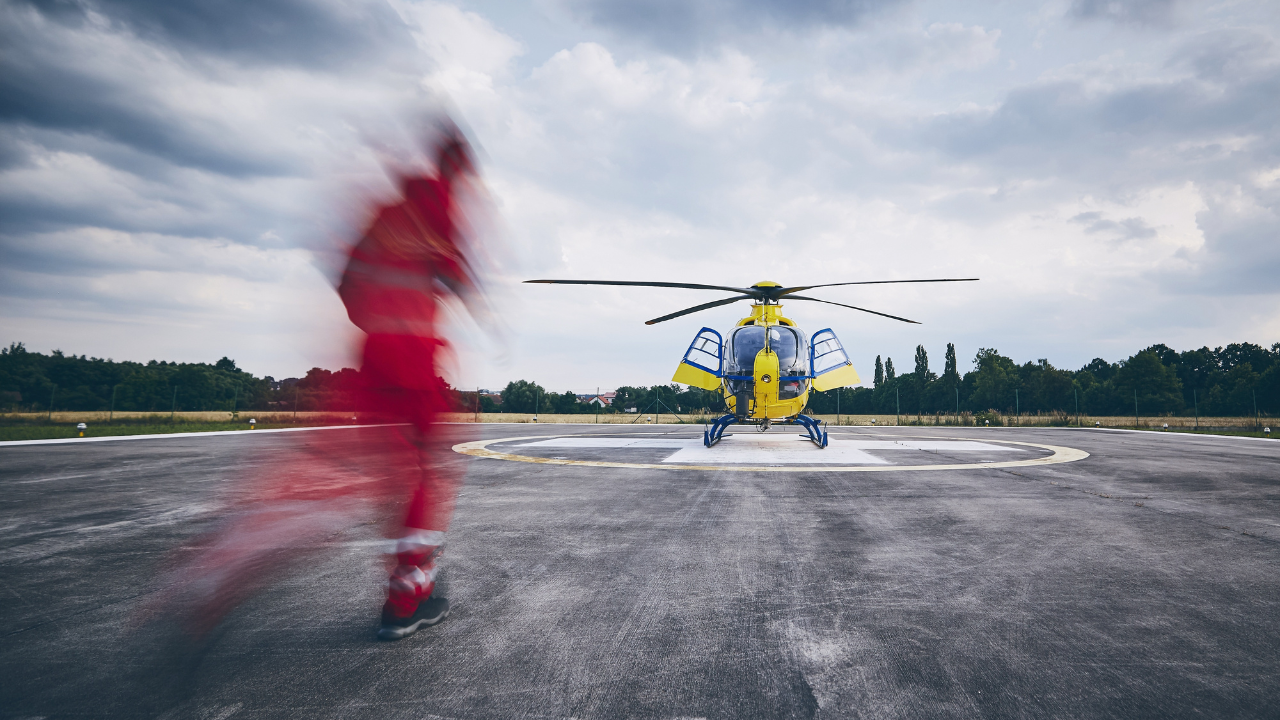Discover a typical day at Travel Support’s operations centre in Varberg, Sweden, the travel assistance process, and why it extends beyond tourists. Simon Johansson, with over eight years at the company, shares his insights into managing medical assistance services at Travel Support Europe. This is the first part of the interview.
Simon, tell us about a typical day at the Travel Support Europe Operations Centre
– For starters, you never know what challenges you might encounter each day you step into the office. Our daily routine is to ensure the handover from the night to the day team goes as smoothly as possible, so team is well-prepared to start the working day.
– When incidences happen overnight, the night shift collects as much information as possible so the morning staff can get right to work when our providers open. If assistance hasn’t been handled during the night, the morning is focused on helping customers with their requested services. This can range from booking a doctor’s appointment to confirming recovery services. Once this is handled, we update our customer and their client.
– This continues throughout the day, and as the day progresses, we also focus on closing cases. This means collecting information on how cases have progressed, such as the status of a vehicle repair or a medical journal.
– After the typical office day is over, the evening team takes over again, and operations shift to night services, such as house calls, while also ensuring we collect as much information as possible for the day ahead.
Is it just holidaymakers who need assistance?
– You might assume that most people in need of assistance are tourists. In fact, I used to think that myself before the pandemic! However, we’ve learnt a lot over these past couple of years. We support not only tourists but also a variety of individuals travelling in another country. This includes expats, truck drivers, airline staff, aid workers, and many others who might find themselves abroad for a short period of time.
Let’s take a closer look at Travel Support Europe’s Medical Assistance Services: When is medical help needed?
– Honestly, it can be for just about anything. Most medical assistance cases involve common complaints like a fever, a painful wrist, or eczema. However, wer are prepared for a wide range of issues. Whether it’s simple medical conditions, dental problems, or specialist treatment in areas such as cardiology, dermatology, or orthopaedics, the list goes on, and we’re here to assist.
How do you know who to contact for these different types of situations?
– It comes down to a deep understanding of our markets and an extensive local provider network. We work closely with our providers to ensure there are no delays in treatment for the patient. We always adhere to the regulations in the country of assistance. For instance, this could involve following the proper treatment protocols, such as needing a referral for a specialist.
What medical transportation do you arrange?
– While we don’t arrange ambulances for emergencies, which are handled by local emergency services, we do arrange specific medical transport for both ground and air in other situations. We maintain close partnerships with several air ambulance providers in our network, whom we contact as needed.
Tell us more about repatriation. Do people travel on standard planes?
– Yes, patients may travel on standard passenger planes, depending on their current medical condition requiring repatriation. We maintain close communications with our medical advisor, the treating doctor, and our clients’ doctors in such cases.
In many instances, patients can be transported on regular flights with appropriate medical support and supervision, which is a service we offer. Alternatively, some cases may necessitate travel on a dedicated air ambulance plane.
Could you share some unique examples of medical assistance that Travel Support Europe has handled?
– There have been several unusual cases in the past, some of which are quite remarkable. For instance, we’ve dispatched doctors and nurses to provide aeromedical supervision on the opposite side of the globe. In other instances, we’ve arranged for doctors to travel by boat to assist passengers aboard cruise ships at sea. Additionally, we’ve supported patients with prolonged medical issues that required ongoing care over several moths.
– Regardless of the situation, every medical condition is equally significant to us, and we always strive to deliver the most appropriate care possible.
Discover more about Travel Support Europe
Curious for more insights from Travel Support Europe’s operations centre? Don’t miss the second part of this interview where we delve into vechicle assistance services.
For details on Travel Support Europe’s medical and other assistance services, feel free to reach out. Our team are here to assist with any questions you have.





